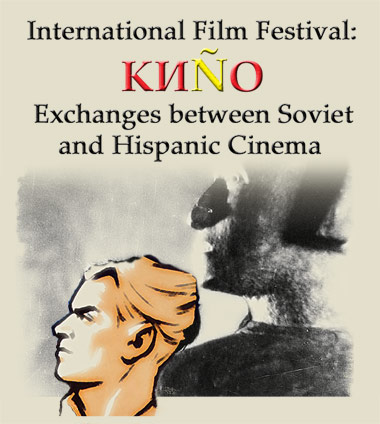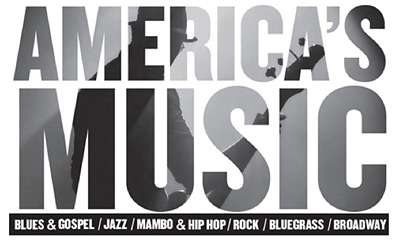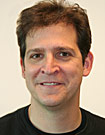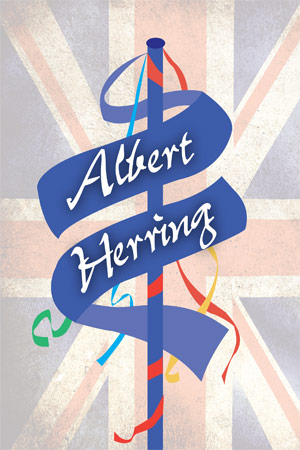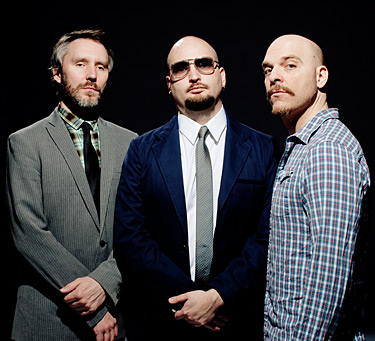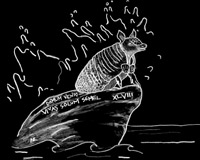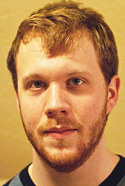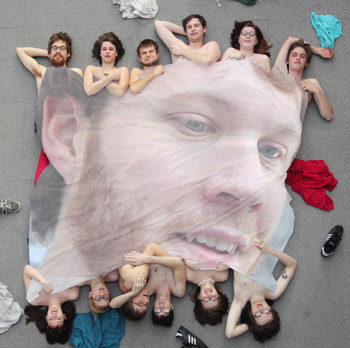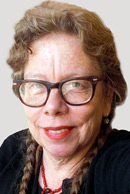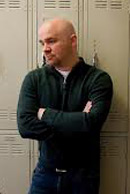Space is still available for an exciting Björklunden-sponsored exploration of spectacular Scandinavia led by Lawrence University geologist Marcia Bjornerud.
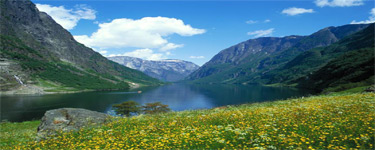 The 14-day adventure — Aug. 22 – Sept. 5, 2013 — includes stops in Iceland, Norway and Sweden, where participants will discover how the geology, landscape and climate of the region shaped the history, technology and political philosophy of these naturally beautiful Nordic countries.
The 14-day adventure — Aug. 22 – Sept. 5, 2013 — includes stops in Iceland, Norway and Sweden, where participants will discover how the geology, landscape and climate of the region shaped the history, technology and political philosophy of these naturally beautiful Nordic countries.
Check out the trip’s complete fascinating itinerary here.
About Lawrence University
Founded in 1847, Lawrence University uniquely integrates a college of liberal arts and sciences with a nationally recognized conservatory of music, both devoted exclusively to undergraduate education. It was selected for inclusion in the Fiske Guide to Colleges 2013 and the book “Colleges That Change Lives: 40 Schools That Will Change the Way You Think About College.” Individualized learning, the development of multiple interests and community engagement are central to the Lawrence experience. Lawrence draws its 1,500 students from nearly every state and more than 50 countries. Follow Lawrence on Facebook.
